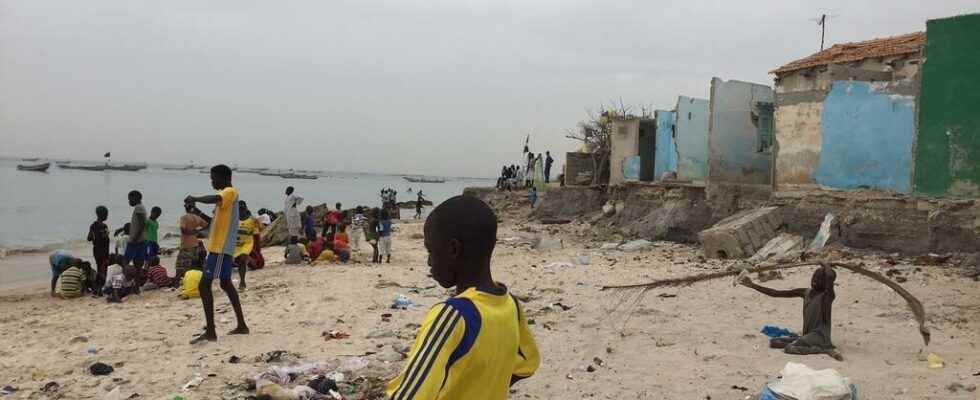The United Nations Environment Program (UNEP) publishes this April 26 a report on the overexploitation of sand in the world. In Senegal, the looting of coastal sand is a real concern. The Ministry of Mines and Geology is trying to find solutions that meet the growing demand for the construction of infrastructure and for the sustainable exploitation of this resource in the country.
With our correspondent in Dakar, Thea Olivier
Senegal is 700 kilometers of coastline along the Atlantic Ocean. But since 2009, the mining code prohibits any extraction of sea sand, recalls Roseline Mbaye Carlosse, Director General of Mines.
” We face coastal erosion, rising sea levels and the exploitation of marine sand can have an accelerating effect in the consequences of climate change, such as habitat loss, destruction of infrastructure , the modification of the ecosystems that are around the coast. »
The Gendarmerie de l’Environnement is responsible for combating the fraudulent exploitation of sand on the coast. For its part, the Ministry of Mines conducts studies regularly to find new quarries and alternatives to sea sand.
” We were able to orient the operators towards dune sands which are on the continent. This sand that we are talking about, there is a lot of pressure linked to development, to the construction of infrastructures, which is increasing year by year. It is therefore important to find other sites, but always outside the marine ecosystems, which can meet this need for sand supply for the development of Senegal. »
More than sixty quarries are authorized inside the country, which produced 2 million 500 thousand cubic meters of sand in 2021.
